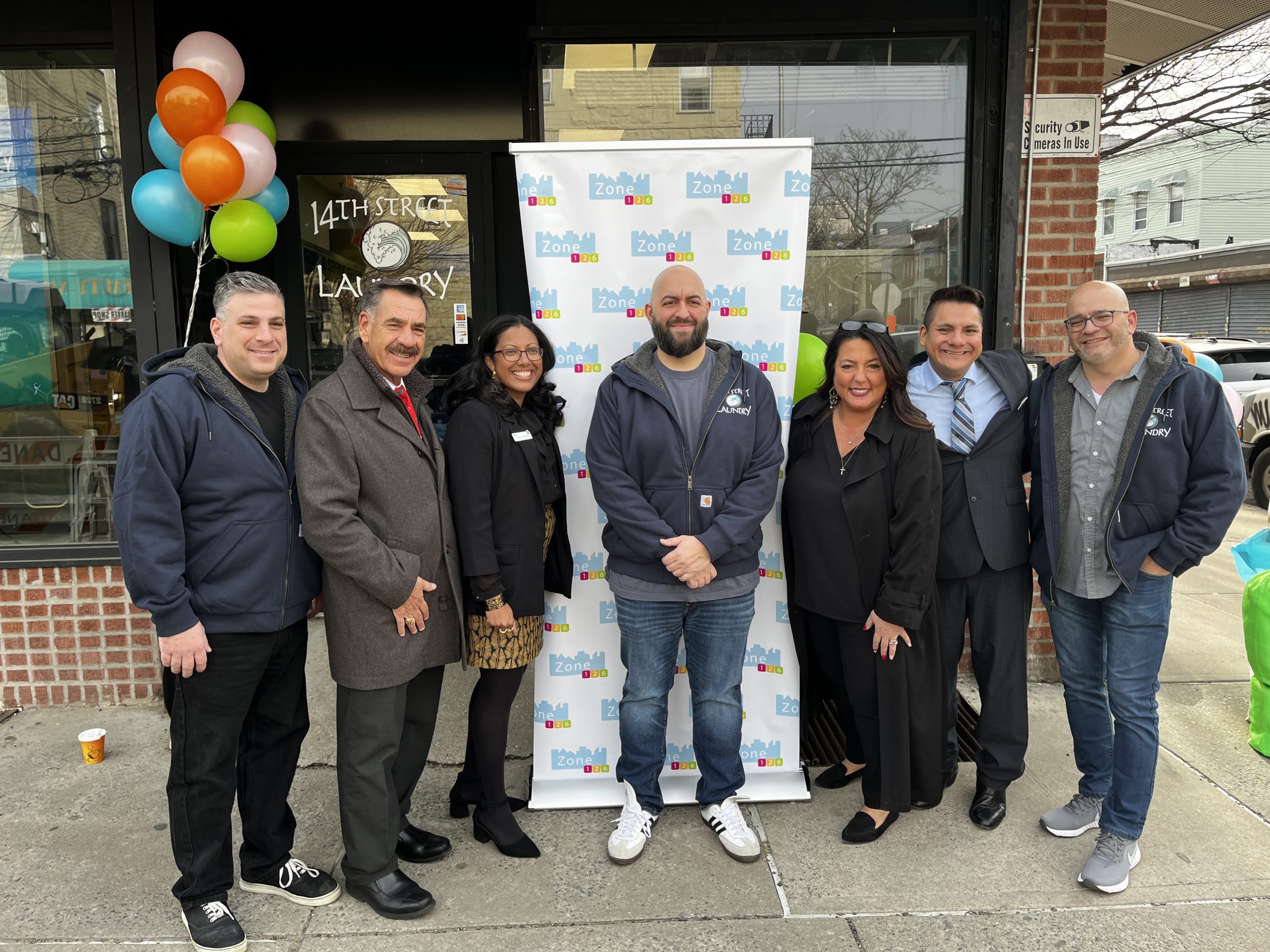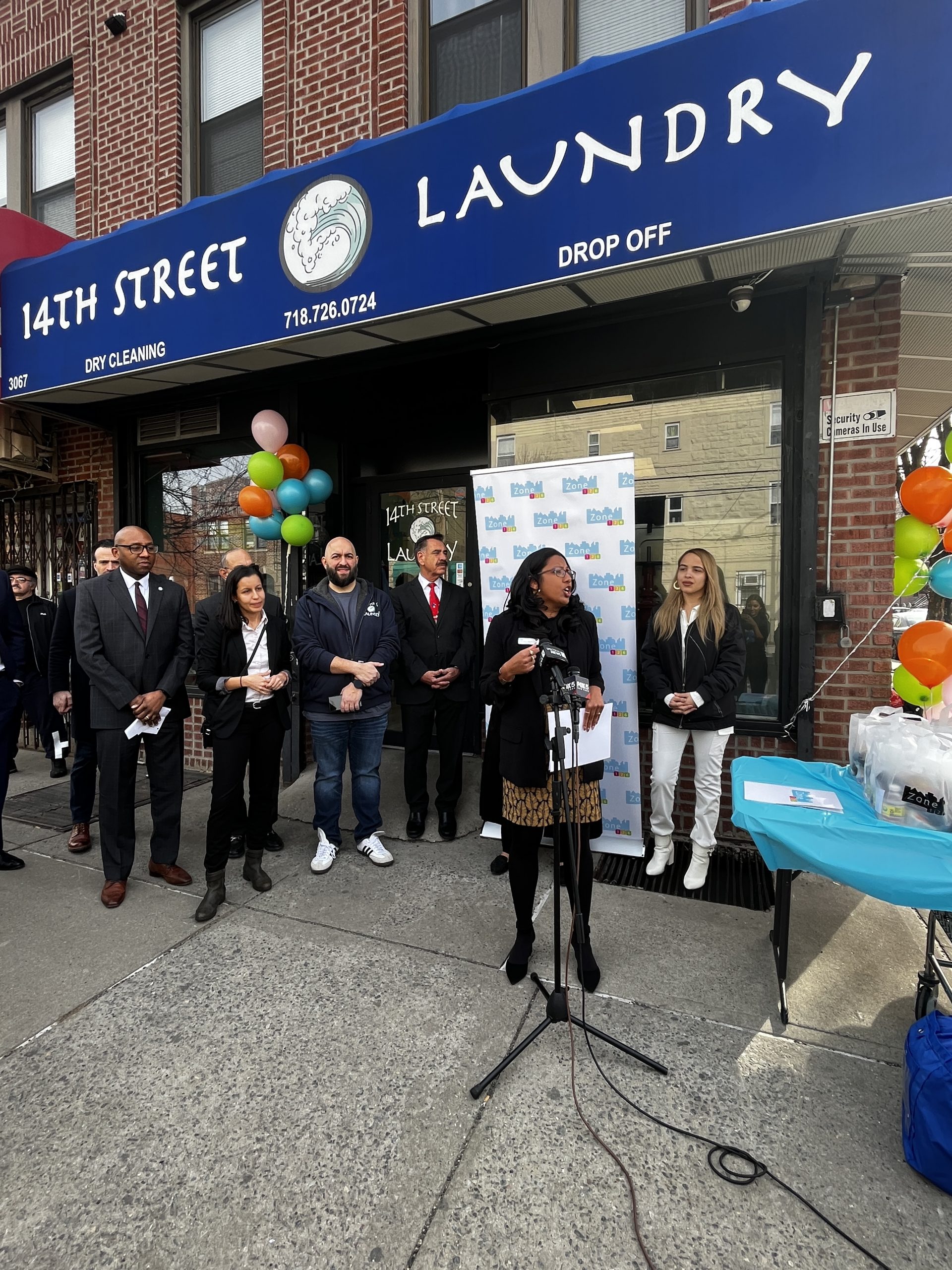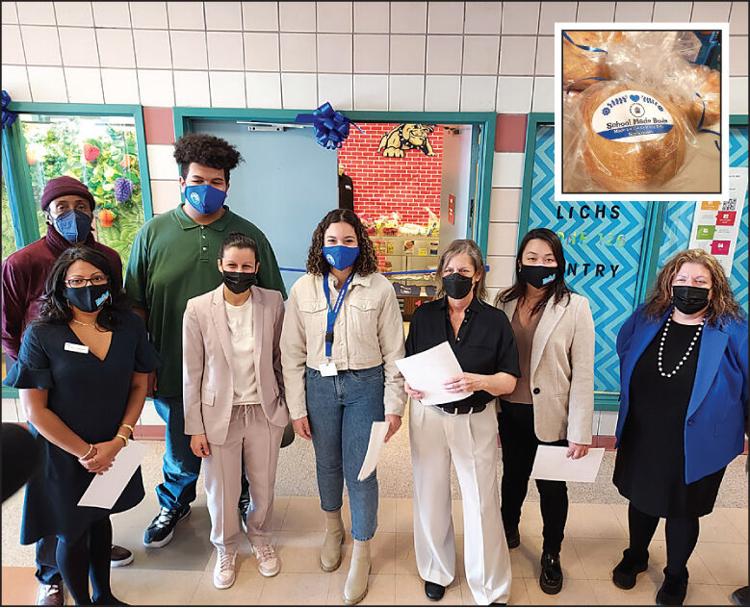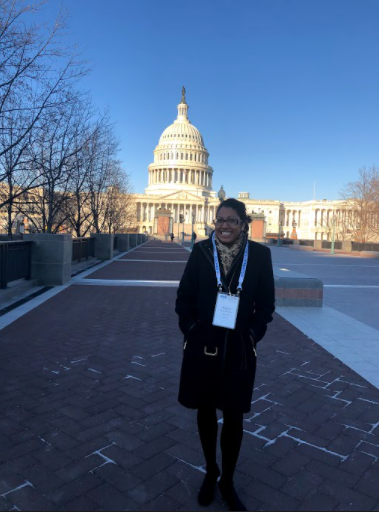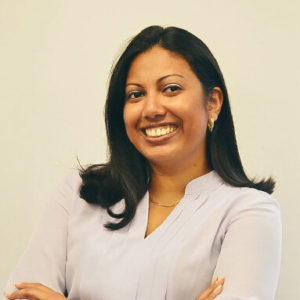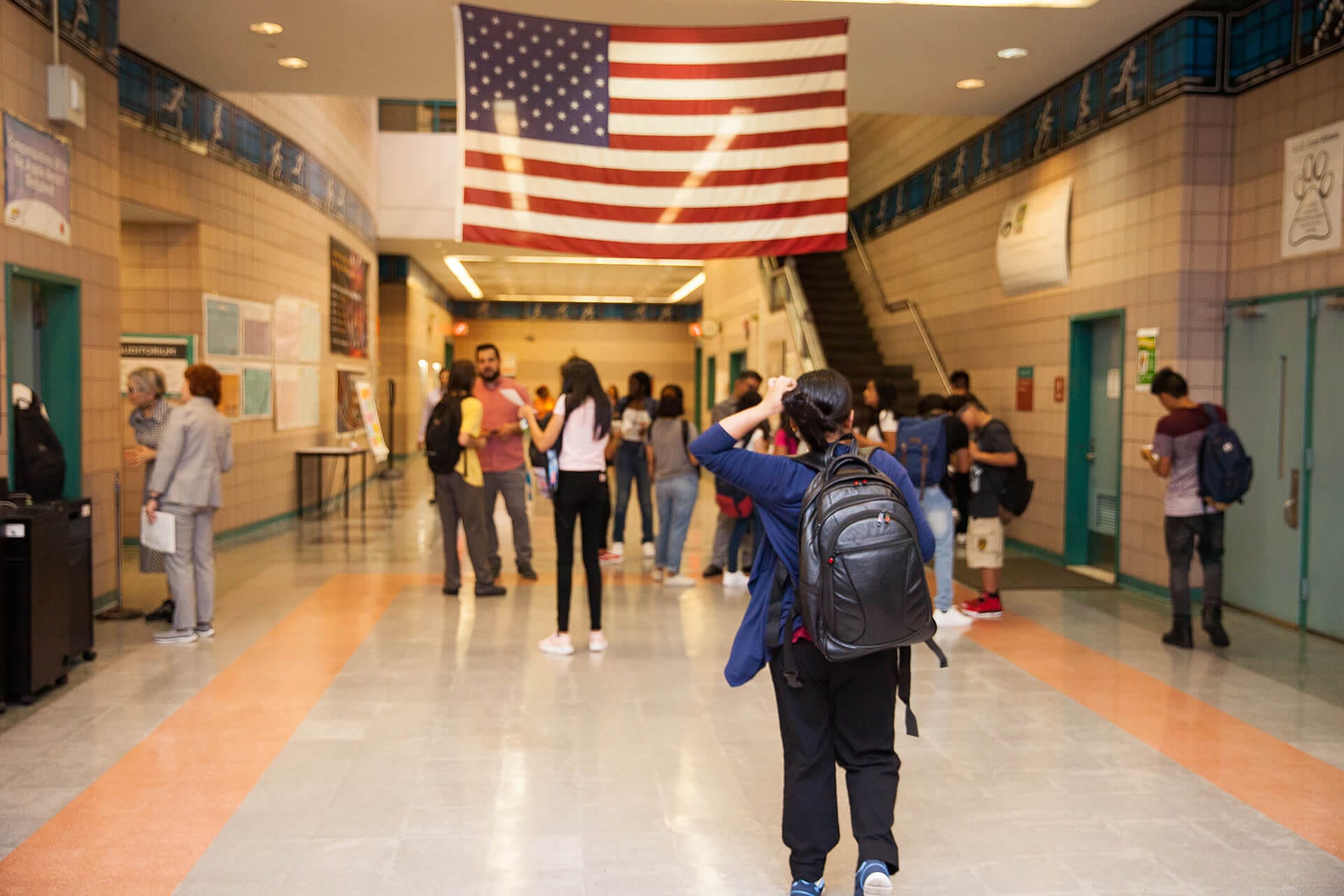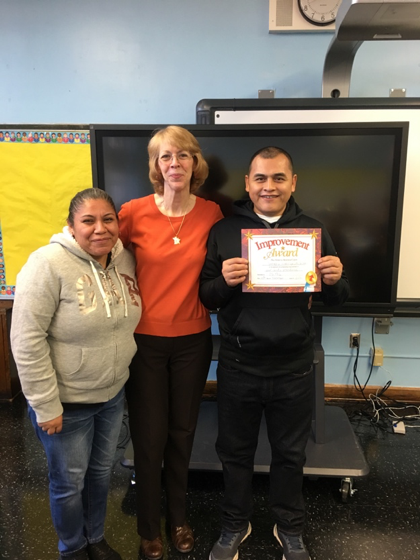CBS NEW YORK: Program helps families pay for laundry in hopes of keeping more kids in school
NEW YORK — A new program in Queens is helping keep some kids in school, but it’s not what you might expect.
It provides free laundry services to low-income families to help keep attendance up.
Demetrios Vasiadis, co-owner 14th Laundry, told CBS2 his customers often have to contemplate — “Do I make dinner? Do I do laundry? Or do I help the kid with homework?”
As working parents, it can be hard to find time. But it can be even harder to figure out how to pay for certain things, like laundry.
“Now with inflation and recession worries, we see people counting their quarters and making sure they stretch that quarter as far as it can go,” Vasiadis said.
Sometimes, families discover there just aren’t enough quarters. So for some low-income families, that means no clean clothes to wear — something too embarrassing for parents to talk about on camera.
“One of the reasons they’re not coming to school is the fact that they don’t have clean clothes,” said Dr. Anju J. Rupchandani, executive director of Zone 126.
Dr. Rupchandani says her organization supports local housing developments and schools in the area.
“In the three public housing developments, the median income for a family of four is anywhere between $18,000 to $25,000,” she said.
It’s even an issue the clean energy company Hydro-Quebec noticed when officials toured school 171Q.
“We saw a sign about absenteeism and we stopped and asked, why are so many kids missing school?” said Pete Rose, director of stakeholder relations at Hydro-Quebec. “The principal said one of the main issues is not having access to washers or dryers for clothes.”
So from there, Hydro-Quebec, Zone 126 and 14th Laundry started a unique partnership to change that. They give 30 low-income families in the area several vouchers a month to drop off their clothes and have them washed and folded for free.
While the program started in Queens, it may not end here.
“It should be scaled throughout the entire city, this is a problem everywhere,” Rose said.
The program is expected to last a year but may be expanded based on the progress.
Please click here to view the original article.
Catch up on the latest
Keep in Touch
Subscribe to receive our monthly newsletter and updates.



